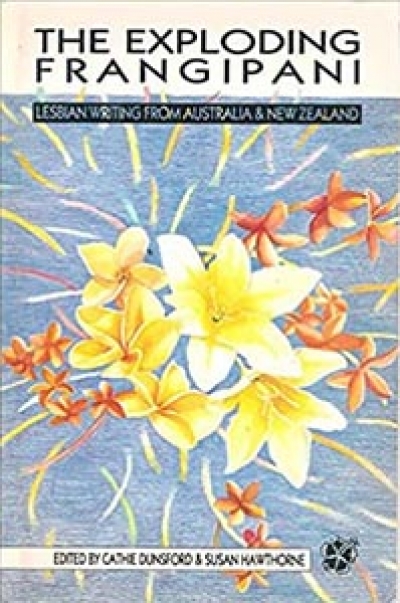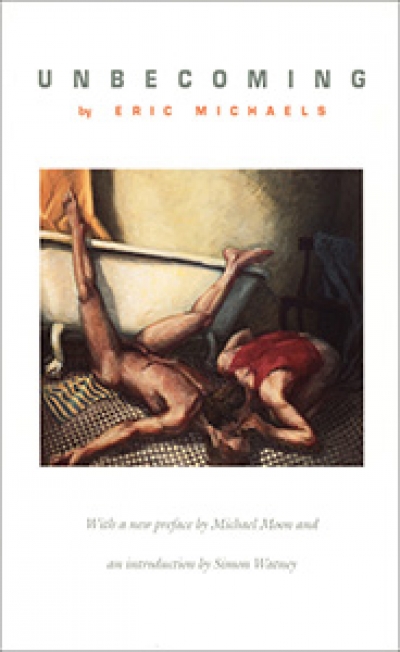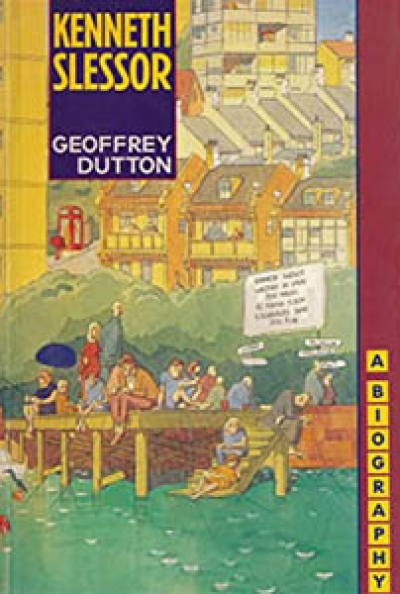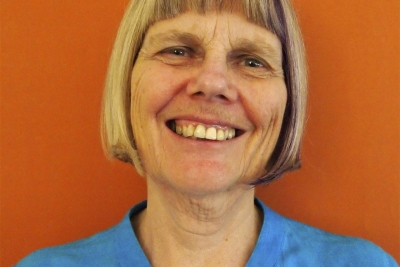Archive
The Exploding Frangipani: Lesbian writing from Australia and New Zealand edited by Cathie Dunsford and Susan Hawthorne
One is tempted to view the proliferation of the small Australian literary magazine as a postmodern development. Few these days will turn a hair at the use of that term, previously confined to the domain of abstruse theories about culture and aesthetics. When the Australian Broadcasting Commission bandies about a word on the grounds that it has significance for programming strategies (according to the thrust of recent conferences, we may prepare ourselves for a new postmodern style ABC arts radio), then the word has acquired respectable currency. Postmodernism, according to the rule of thumb I shall engage here, simply emphasises the destabilisation of distinctions between ‘high’ and ‘low’ culture, and the fragmentation of modernism’s homogeneous cultural narrative into a multiplicity of independent discourses. Cultural richness becomes evaluated in terms of diversity.
... (read more)Nights with Grace by Rosie Scott & Strange Objects by Gary Crew
We are having a Sunday picnic. It is not a cosmopolitan affair, with pâté and brie and champagne, nor even a dinky-di one, with sausages and sauce and tinnies. Simply an impromptu, let’s-get-out-of-thehouse event: a jar of peanut butter, a jar of honey, a tub of marge, half a loaf of Friday’s bread and a packet of jubes.
... (read more)








